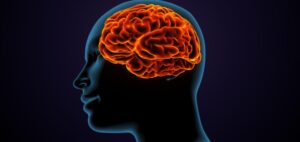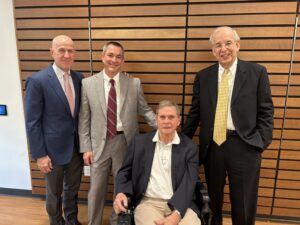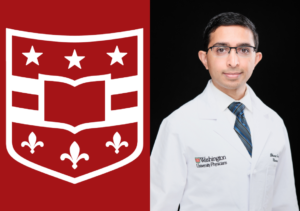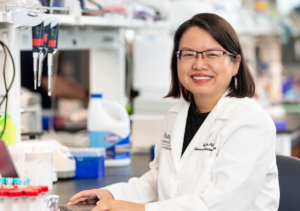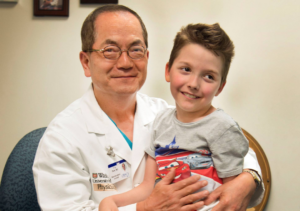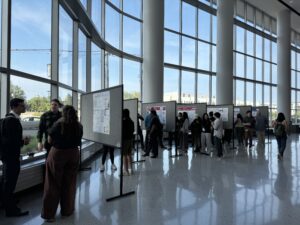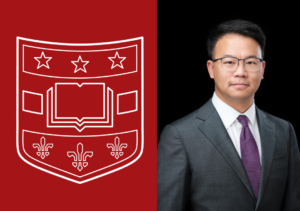By: Graciela GutierrezArticle originally appeared in Baylor College of Medicine News Researchers at Baylor College of Medicine and Washington University School of Medicine in St. Louis have identified clinical and genetic predictors of multiply recurrent meningiomas (MRMs), a most aggressive form of this common brain tumor. Published in Science Advances, the study opens new opportunities for […]
Study increases understanding of why recurrent meningiomas are aggressive
